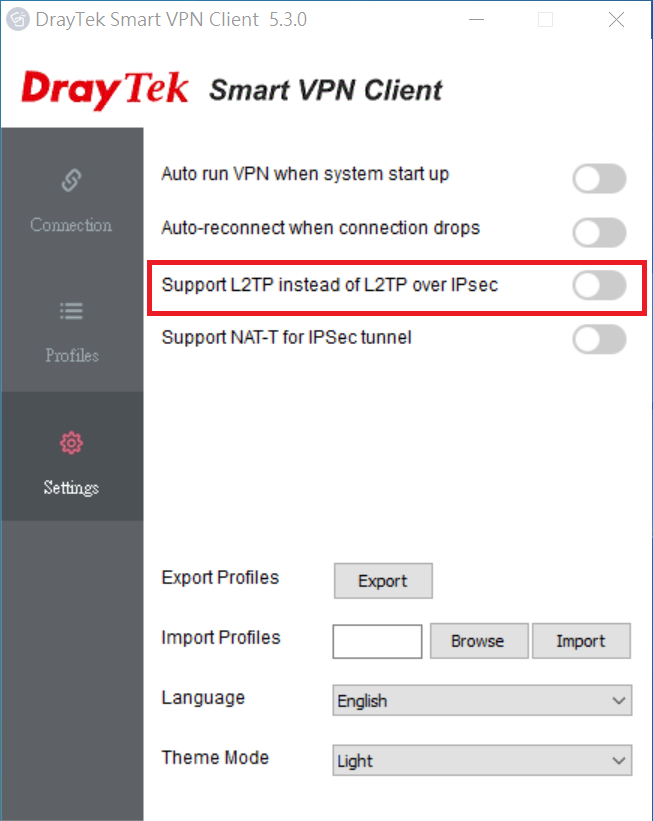

Usually when you need the connection most, IPSec will be blocked. Still when IPSec/L2TP/IKEv2 are preferred VPN protocols, it is nice to have SSL VPN as the backup protocol, simply becaise IPSec does not work in all locations.

Even the smalles Firebox should be capable of more than 10Mbps, no matter how inefficient the SSL VPN process is. but wouldn't explain a performance drop to 10Mbps. I would suggest going away from SSL VPN and trying either ikeav2 or IPSEC. We have also had the same issues with SSL VPN where various machines would not connect after periods of time and, as you found, re-installing seemed to be the only answer. While we have not tested ikeav2, we have test IPSEC VPN and it is significantly faster than SSL. What's interesting is that SSL VPN is no longer the recommended VPN solution from WatchGuard, The IPSec Mobile User VPN by comparison has hardware cryptography, so everything takes place in the kernel in a single pass." This results in the packet arrives and must be copied from the kernel to the OpenVPN daemon to be encrypted or decrypted, then being copied back to the kernel to be routed and transmitted.
#Download watchguard ipsec client software
The other issue is that the SSLVPN must use software encryption. The Openvpn process uses Socket Buffer of 64KB which is fairly small these days. "Engineering has found that part of the issue is that the OpenVPN process itself is rather inefficient. In addition to that, a response we received was: WG support indicated there is a speed cap or limit on SSL. We have found similar issues to yourself that SSL VPN is slow. Gives you a really good number to start asking the provider what is going wrong, Without that test, you will never know, if possibly something in the firewall config in combination with a certain firmware release is causing the problem - or if it is a problem of the ISP networking on the external side of the firewalll. The logical starting point on this journey is to find out, how much the firewall is actually able to push trough the VPN, when nothing is in the way.
#Download watchguard ipsec client Pc
if it's the firewall, the local provider, remote provider, something in between or even the client PC itself. That's where it's best to start identifying the problem. Many of us have positive experiences, but that still doesn't help the frustration, when you are the one, who can't report about a positive experience. So much better than anything i have used on SonicWall or Open VPN We use WatchGuard SSL - VPN and on the whole our end users have no problem at all when connected - Usual if they do have issues it is down to their internet provider. I should add, I am only looking for a better way to provide security rather than using SNAT from the firewall as the performance is better, but, it leaves a HUGE gaping hole. I find myself reinstalling the WG client a lot on client machines.ĭo any of you have a VPN that you use that provides better throughput? A better client? I know that there is some overhead, however, I don't believe it should eat up 90% of my bandwidth.Īnd yes, I already have a ticket open with WatchGuard, but I have been "leveled up" twice now with no resolution. I have tried OpenVPN's client as well, and while it is more stable, it doesn't help with speed. Things I have found.one, Watchguards SLLVPN client is unstable as all get out. I have ran iperf from a server to a local machine to prove that speed and I have ran iperf from my home machine to that same local machine to get the from home speeds. DNS and DHCP is being pushed over the VPN. My backbone in the office is a 12 strand fiber with two of the ports lagged together and I get 2Gb/s between the server rack and the firewall. When I am connected to the VPN I get about 10/10 per and iperf. My issue is at the office we have a 300/300 connection and at home I have a 100/10 connection. I run over port 443, but I have tried others, it still doesn't help with speed. I force all traffic over the tunnel because if I don't, our URL for the RDS doesn't work, they have to type in the IP, which really doesn't matter when it comes to speed, the results are the same. There are no subscription services tied to that policy.

I have SSLVPN enabled and it is rule 1 in my firewall policies. I run an RDS environment on VM's in a Hyper-v Clustered environment. So, I want to see what other people are doing out there for VPN solutions.


 0 kommentar(er)
0 kommentar(er)
